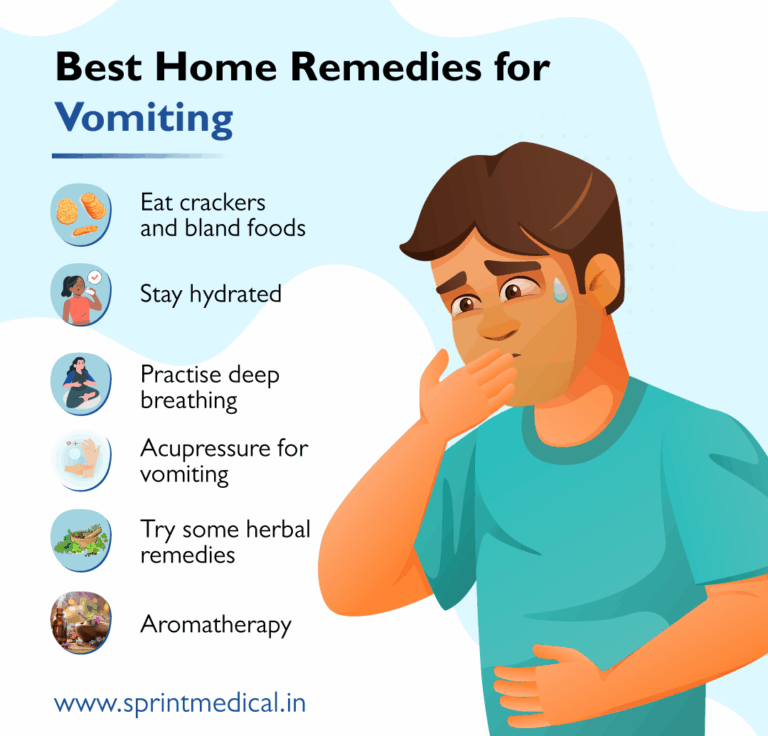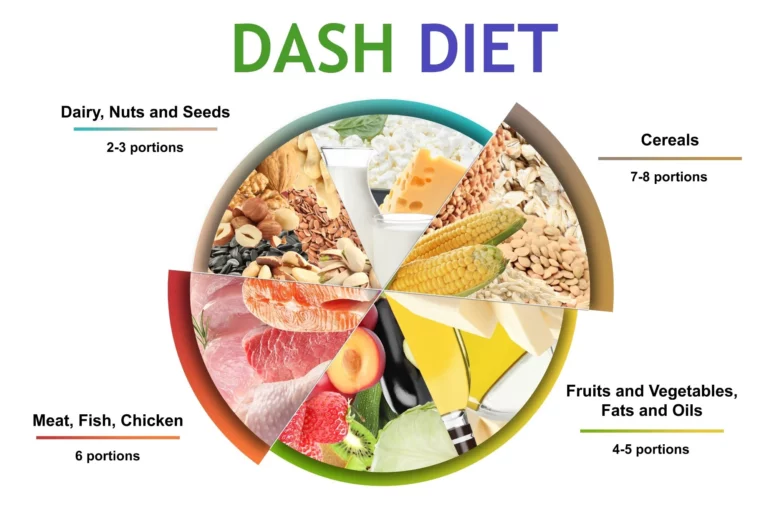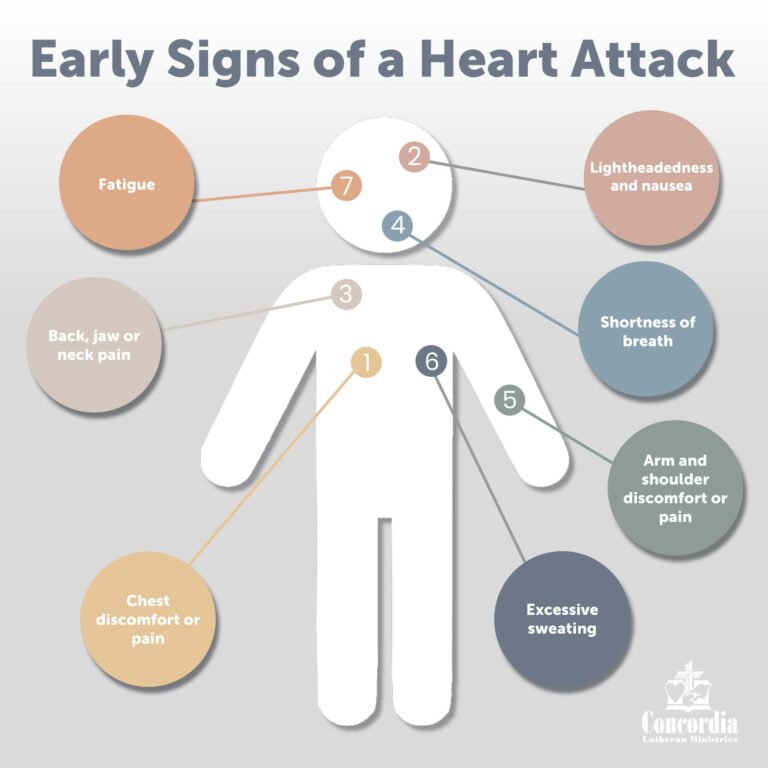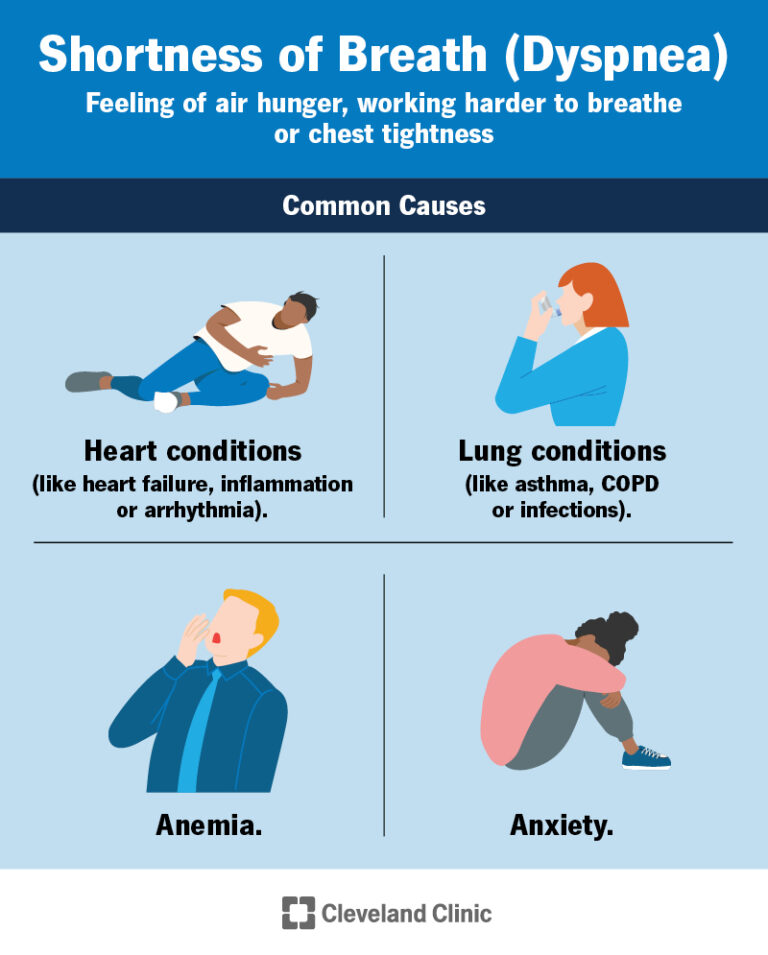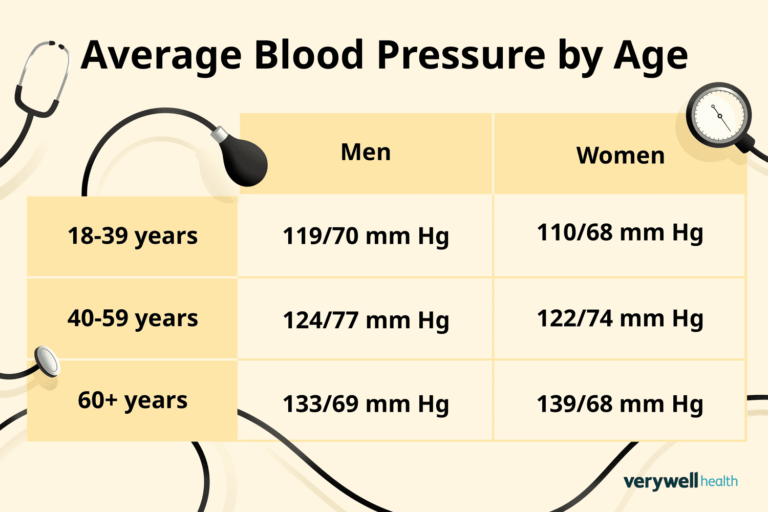Best Foods to Prevent Heart Disease in 2025
Heart disease remains the leading cause of death globally, but your diet can make a massive difference in prevention. By choosing the right foods, you can lower cholesterol, reduce blood pressure, and support overall cardiovascular health. In this article, we’ll explore the best foods to prevent heart disease, including scientifically backed products, detailed benefits, real-world use cases, and where to buy them.
Why Food Choices Matter for Heart Health
Your heart is one of the most vital organs in the body, and what you eat has a direct impact on its function. Diets high in saturated fat, trans fat, and added sugar can accelerate plaque buildup in arteries, increasing the risk of heart attacks and strokes. On the other hand, heart-healthy foods are rich in fiber, antioxidants, omega-3 fatty acids, and potassium—nutrients that help regulate blood pressure, improve cholesterol levels, and fight inflammation.
Key Nutrients That Support Heart Health
Omega-3 Fatty Acids
Omega-3s reduce inflammation and help prevent irregular heart rhythms. They’re essential for lowering triglycerides and may also decrease the risk of blood clots.
Fiber
Soluble fiber helps lower LDL (bad) cholesterol and promotes satiety. Foods rich in fiber improve digestion and stabilize blood sugar levels, which is also beneficial for heart health.
Antioxidants
Antioxidants, such as flavonoids and polyphenols, protect your heart by neutralizing free radicals and improving blood vessel function.
Potassium and Magnesium
Both minerals help regulate blood pressure. Potassium reduces the effects of sodium, while magnesium supports a regular heartbeat and muscle function.
Top 5 Heart-Healthy Food Products to Include in Your Diet
1.Nordic Naturals Ultimate Omega
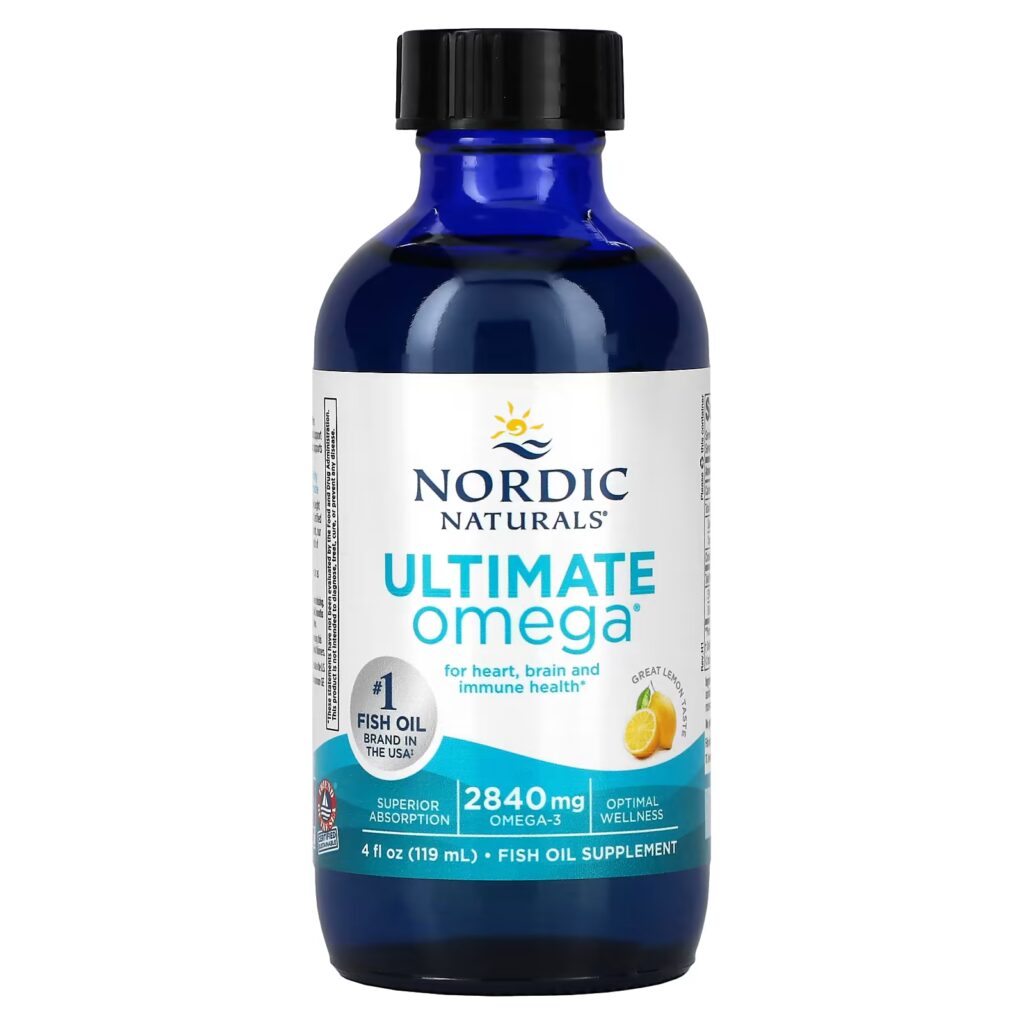
Nordic Naturals Ultimate Omega is a premium fish oil supplement that delivers high doses of omega-3 fatty acids EPA and DHA. It’s sourced sustainably from deep-sea fish and is third-party tested for purity and freshness.
Why People Need It:
Fish oil is often lacking in modern diets. This supplement provides essential omega-3s that help reduce triglyceride levels and support arterial function.
Use Case:
For people with high cholesterol or at risk for coronary artery disease, consistent supplementation with Nordic Naturals can improve lipid profiles and reduce arterial stiffness.
2.Bob’s Red Mill Organic Ground Flaxseed

Flaxseeds are rich in ALA (a plant-based omega-3), lignans, and fiber—all essential for maintaining heart health. Bob’s Red Mill offers organic, finely ground flaxseed that’s easy to add to smoothies, oatmeal, or baked goods.
Why People Need It:
Flaxseed lowers LDL cholesterol and blood pressure while improving overall lipid levels. Its lignans also have antioxidant effects.
Use Case:
Great for individuals looking for plant-based options. It helps manage cholesterol and improves bowel health—important for reducing heart disease risk.
3.Kirkland Signature Walnuts
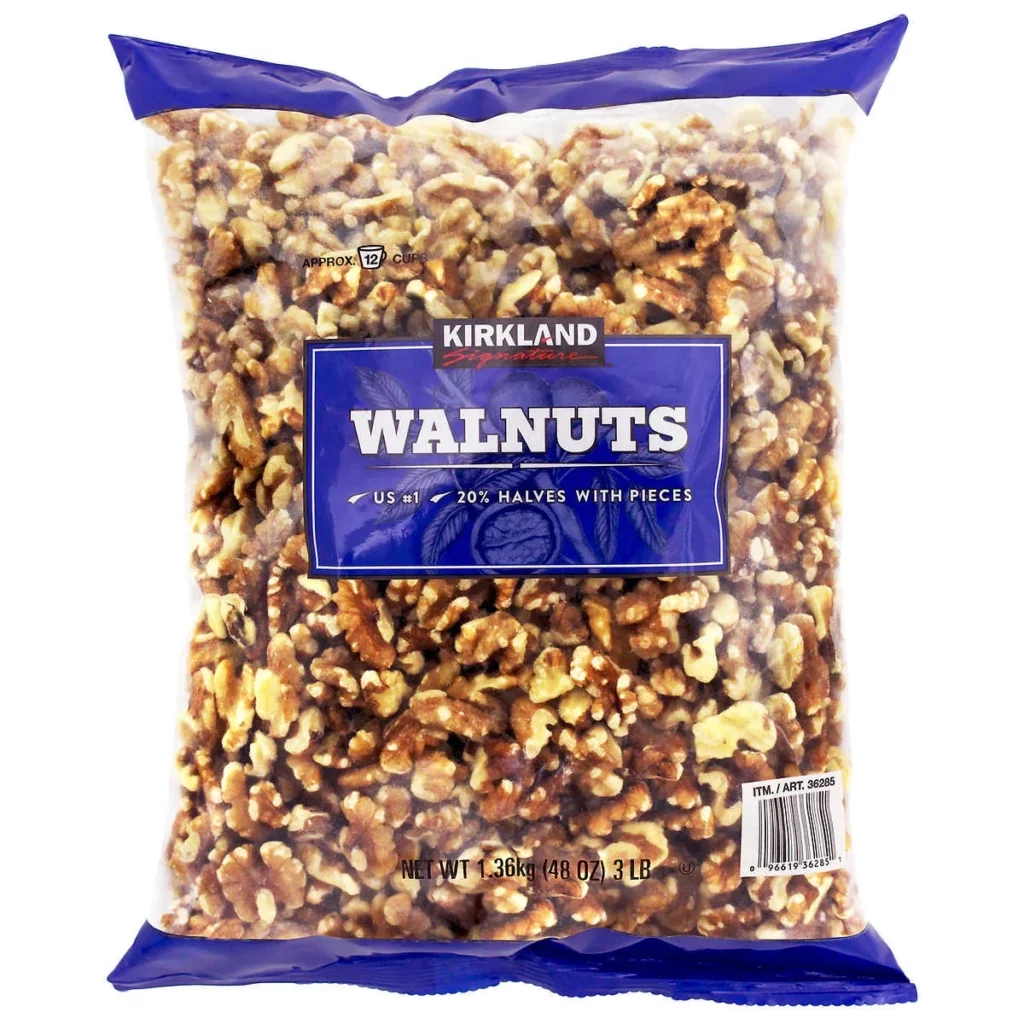
Walnuts are a heart-healthy snack packed with omega-3s, fiber, and antioxidants. Kirkland Signature provides high-quality, non-GMO walnuts in bulk for daily consumption.
Why People Need It:
Daily intake of nuts like walnuts can improve endothelial function, reduce inflammation, and lower cholesterol.
Use Case:
Ideal for people seeking convenient snacks that contribute to a heart-healthy diet. Can be eaten alone or added to salads and cereals.
4.Maeda Brown Basmati Rice
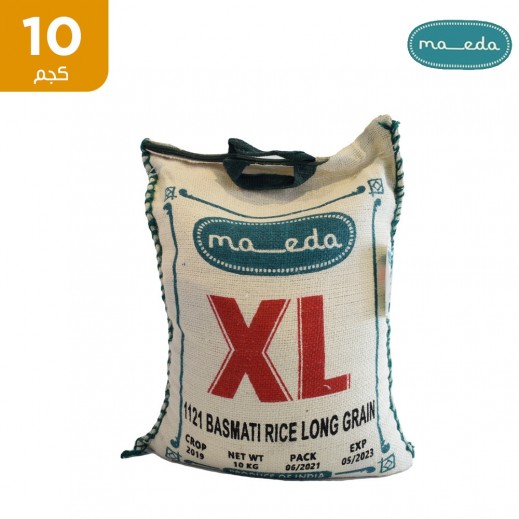
Whole grains like brown rice are high in magnesium, fiber, and B vitamins, all of which promote heart health. Maeda’s Brown Basmati is low glycemic and rich in nutrients.
Why People Need It:
Refined grains can spike blood sugar, increasing cardiovascular risk. Brown rice stabilizes blood sugar and supports digestive and vascular function.
Use Case:
Perfect for families wanting to switch from white rice to a more nutritious option without sacrificing taste.
5.V8 Low Sodium Vegetable Juice
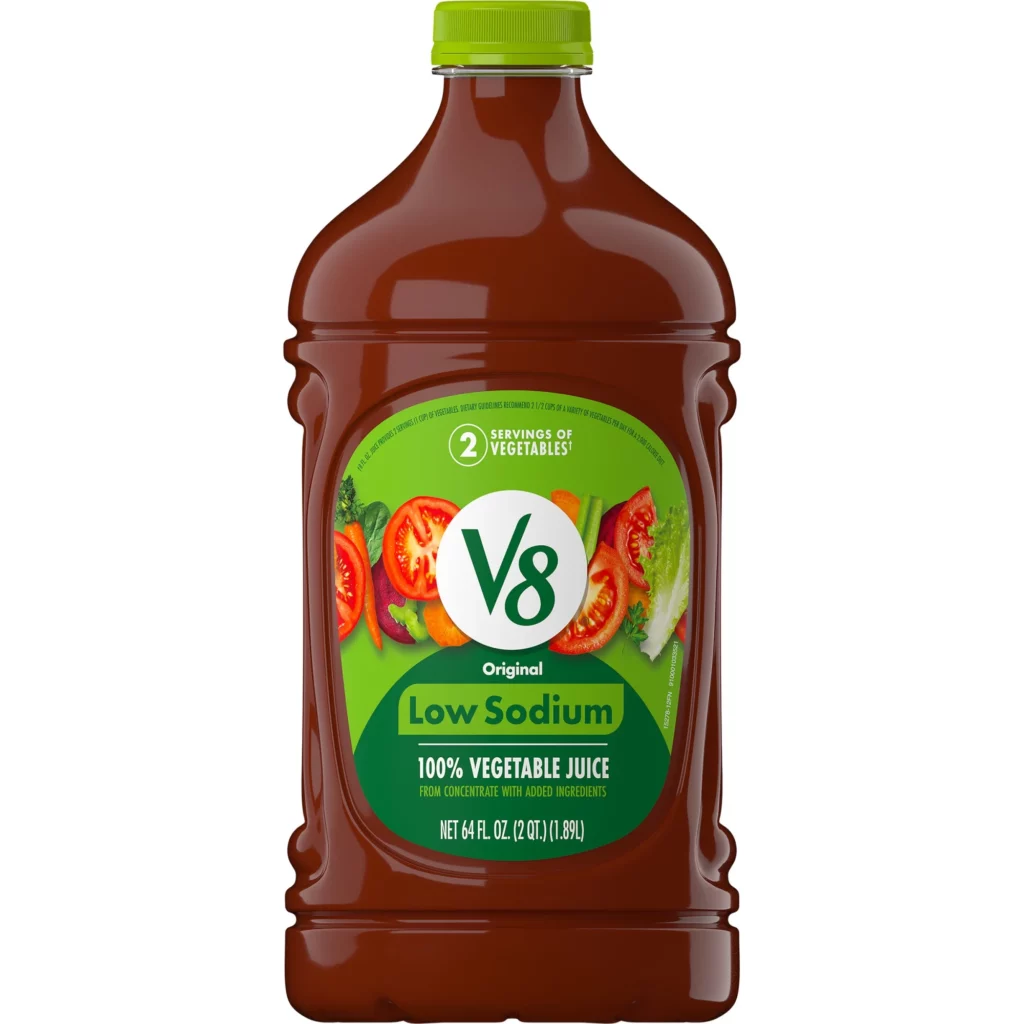
V8’s Low Sodium Juice offers a convenient way to get daily vegetables rich in potassium and antioxidants. It supports healthy blood pressure levels and provides hydration.
Why People Need It:
For people on the go, this juice delivers nutrients that help lower blood pressure and promote artery health—without the sugar of fruit juices.
Use Case:
Ideal for individuals managing hypertension or sodium-sensitive conditions looking for a low-sodium, heart-healthy beverage.
Benefits of Eating Foods That Prevent Heart Disease
Reduces Risk of Heart Attack and Stroke
Consuming omega-3-rich foods like walnuts and flaxseed improves arterial flexibility and reduces clot formation. This directly decreases the likelihood of serious cardiovascular events like heart attacks and strokes.
Improves Blood Pressure and Cholesterol Levels
Whole grains, low-sodium products, and potassium-rich foods work synergistically to lower blood pressure and LDL cholesterol while boosting HDL (good) cholesterol. This creates a balanced cardiovascular profile.
Supports Healthy Weight and Metabolism
Heart-healthy foods are generally high in fiber and low in empty calories, helping with satiety and weight management. Maintaining a healthy weight is one of the best ways to reduce heart disease risk.
Protects Against Inflammation and Oxidative Stress
Many of these foods contain powerful antioxidants that combat inflammation and free radicals, both of which contribute to plaque formation and artery damage.
How to Buy Heart-Healthy Foods
You can find these products easily through reputable online retailers like Amazon or health food stores like Whole Foods and Thrive Market. Buying online ensures access to verified reviews, product certifications, and bulk savings. Always check for certifications like “organic,” “non-GMO,” or “third-party tested” to ensure quality and safety.
When purchasing:
- Look for cold-pressed or non-oxidized oils in supplements.
- Prioritize whole food over processed variants.
- Read the label for sodium, sugar, and fat content.
FAQ
Q1: Can diet alone prevent heart disease?
While diet plays a crucial role, it should be combined with regular exercise, stress management, and avoiding smoking or excessive alcohol for the best cardiovascular outcomes.
Q2: How quickly can I see results from eating heart-healthy foods?
Some people may notice improvements in blood pressure or cholesterol within weeks, but long-term benefits develop over months of consistent, healthy eating.
Q3: Are supplements as effective as whole foods?
Supplements can help fill gaps, especially omega-3s, but they should not replace a diet rich in fruits, vegetables, whole grains, and lean proteins.


